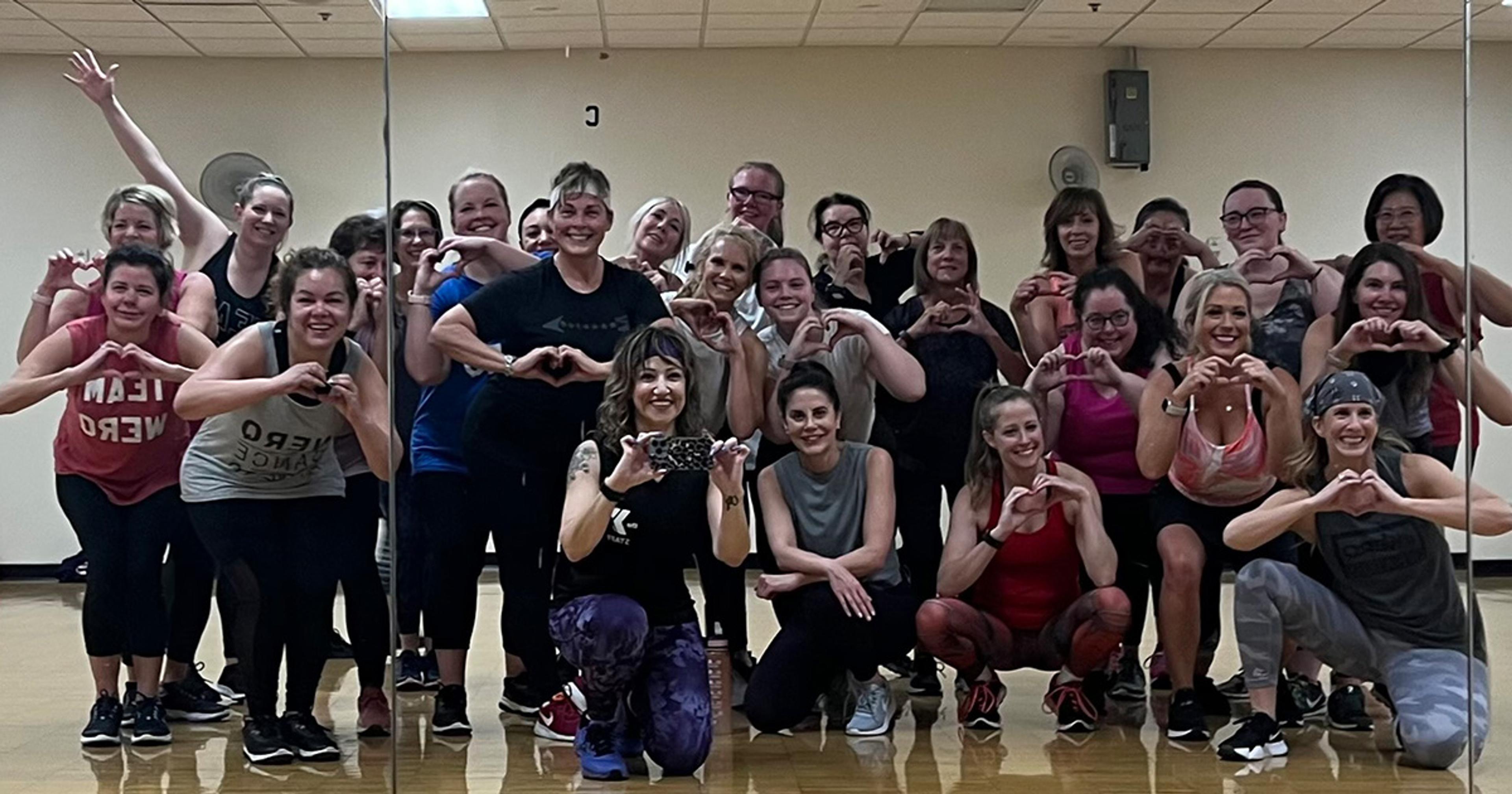Training for a race? You still need to watch what you eat
| 2 min read

You may think that if you’re training for a triathlon, 10k, or any other long-distance race, you have free reign to scarf down all the fried chicken, French fries, and cupcakes you want. Sorry to break it to you, but you actually can’t.
According to Runner’s World, people tend to overestimate how many calories they are burning when running—and overeat because of that. You think that you ran eight miles so you can eat a huge cheeseburger with fries and a few cookies for dessert, but at most that run burned 800 calories (at most!), and that splurge meal clocks in at way more than that.
While you can definitely use your training period to treat yourself to a few higher-calorie foods that you usually save for special occasions, you still need to focus on filling up on healthy foods. After a long run or other workout, you need to prioritize three things: fluids, carbohydrates and protein. Begin with the liquids—choose something with electrolytes to replenish any salt you sweated out.
Then, about 30 minutes after you wrap up the workout (don’t wait too much longer than that), eat something that has a 3:1 or 4:1 carbohydrate to protein ratio. This will replenish your muscles and help with recovery. It doesn’t have to be anything too big—maybe 200 calories or so—and could be something like an apple with almond butter, a smoothie with protein, or Greek yogurt with fruit. Follow that plan and you’ll feel refreshed and ready to tackle another mile or two!
Photo credit: LittleBee80
You may also like:





